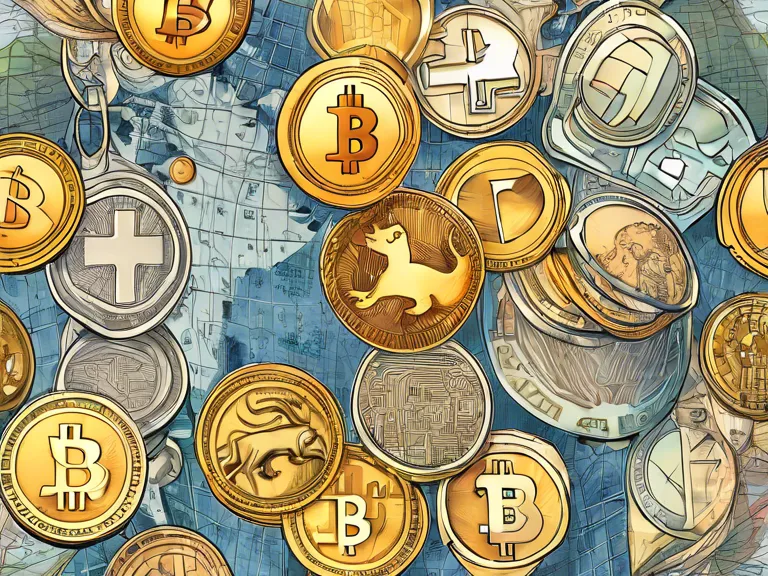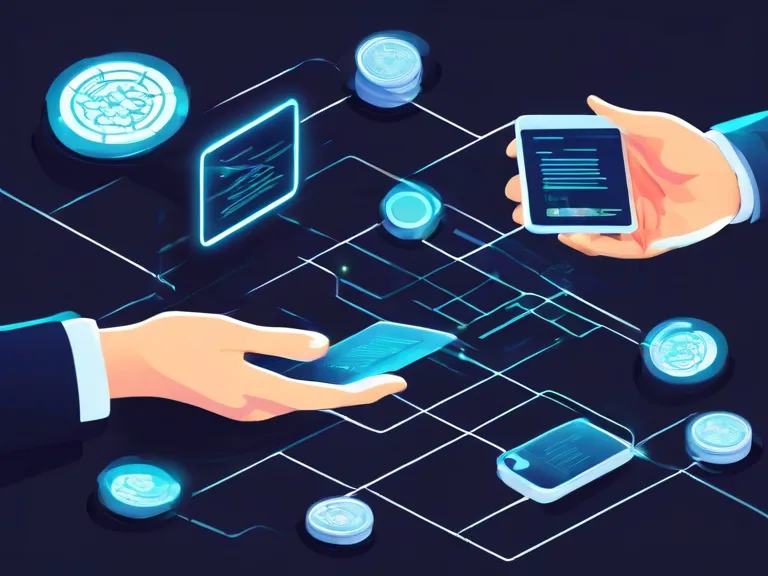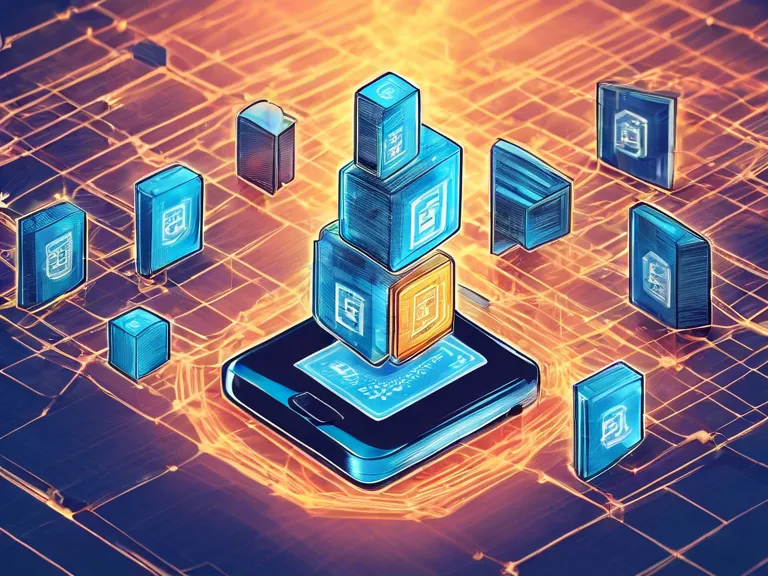
Tokenization of Assets: Blockchain's Impact on Financial Markets
Blockchain technology has been making waves in the financial industry, especially when it comes to tokenizing assets. Tokenization is the process of converting real-world assets into digital tokens on a blockchain, enabling fractional ownership and increased liquidity. This innovative approach has the potential to revolutionize the way assets are bought, sold, and traded in financial markets.
One of the key benefits of asset tokenization is the democratization of investments. By dividing assets into smaller tokens, investors can access previously illiquid assets such as real estate, art, or even collectibles. This opens up investment opportunities to a broader range of individuals, not just traditional high-net-worth investors. Additionally, tokenization allows for 24/7 trading and faster settlement times, reducing barriers to entry and increasing market efficiency.
Furthermore, blockchain technology ensures transparency and security in asset tokenization. Every transaction is recorded on a decentralized ledger, providing a tamper-proof record of ownership. Smart contracts can automate processes such as dividend distributions, reducing the need for intermediaries and lowering transaction costs. Additionally, blockchain technology enables instant verification of ownership and compliance with regulations, making the entire process more efficient and secure.
Asset tokenization has the potential to disrupt traditional financial markets by making them more inclusive, efficient, and secure. As more assets are digitized and tokenized, we can expect to see increased liquidity, reduced friction, and a greater variety of investment opportunities for both retail and institutional investors. It's clear that blockchain technology is transforming the way we think about ownership and investment, paving the way for a more accessible and decentralized financial ecosystem.



